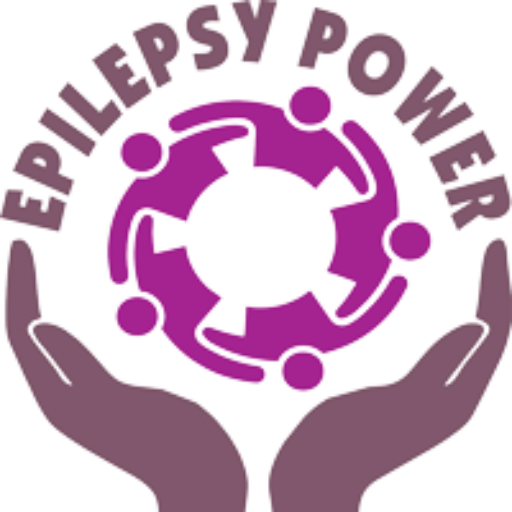- Introduction
- Section 1: Self-Promotion in Job Searching
- Section 2: Self-Promotion at Interview
- Section 3: Self-Promotion in the Workplace
- Concluding Remarks
- Quiz
Total Participants: 1
N. of issued certificate: 1
This section aims to highlight the importance of self-promotion in the job search process for people with epilepsy.
Individuals with epilepsy often encounter preconceived notions and discriminatory attitudes that can impede their access to job opportunities. The misconceptions surrounding epilepsy, such as the assumption that it hinders productivity or safety, can lead employers to hesitate when considering interviewees with the condition. Therefore, self-promotion becomes an essential tool in demonstrating competence, skills, and the ability to handle workplace responsibilities effectively.
Self-promotion, at interview, empowers people with epilepsy to present themselves confidently, challenge stereotypes, and educate potential employers about their condition.
Highlighting one’s strengths, achievements, and adaptability can help employers focus on an individual’s qualifications and capabilities rather than being swayed by misconceptions.
Making a Good Impression
There are a number of ways in which this can be done.
In this section, we are going to focus on one such technique: Impression Management.
Not all people with epilepsy decide to disclose their epilepsy during job interviews. When disclosing epilepsy during the job application/interview process, individuals should approach the topic with careful consideration. The decision to disclose should be based on the company’s culture, the nature of the position, and the individual’s comfort level.
Epilepsy Ireland have developed a useful guide entitled ‘How 2 Tell’ for those who do plan to make that disclosure: https://www.epilepsy.ie/sites/www.epilepsy.ie/files/How2tell_BOOKLET.pdf
However, many people will decide to be upfront about their epilepsy from the outset, and this section will focus on how this can be managed – and even optimised – during a job interview using impression management.
Disclosing epilepsy can be done positively, emphasizing how it has contributed to personal growth and resilience while highlighting any necessary workplace accommodations.
A study supported by the Epilepsy Foundation (of America) tested the use of assertive impression management tactics on the results of job interviews for people with epilepsy. Impression management (IM) tactics are ways that people can influence how they are perceived by others and protect their self-image. They have been defined in the business literature as behaviors that individuals employ to protect and promote their self-images, influence how they are perceived by others, or both. Previous studies of IM tactics in job interviews found that they influence interviewer evaluations and subsequent outcomes, including job offers.
IM can be assertive, as in this study, (e.g. actively constructing an image of oneself with a cohesive set of beliefs, opinions, characteristics, or experiences) or defensive (e.g. responding to a perceived or actual threat to one’s image).
Examples of impression management approaches used by people with epilepsy could include:
- Personal storytelling – describes work experiences, challenges, or skills
- Self-promotion – stresses positive information about themselves and their abilities and addresses their disability in a positive way
In the study, published in Epilepsia, 99 graduate students majoring in business or human resources were asked to watch video clips of people with epilepsy applying for a job. The students had at least one year of experience in hiring and conducting job interviews. The students were randomly assigned to watch one of three 15-minute video clips of a person interviewing for a technical computer sales position.
The videos featured actors in the following scenarios:
- A job applicant that did not disclose their epilepsy.
- A job applicant with epilepsy that did disclose but did not use impression management tactics.
- A job applicant with epilepsy that used impression management tactics to disclose their epilepsy, discuss the effect of the disability on job performance, and negotiate job accommodations.
After viewing the videos, participants rated the job applicant in terms of general impressions and hireability (ability to be hired) for the position.
Notably, general impression scores were highest in a person with epilepsy who used impression management. Their rating was better than both a person who did not identify any disability and a person with epilepsy who did not use impression management.
Impression management, therefore, can be used to challenge negative perceptions towards people
Exercise 2: Impression Management for People with Epilepsy
In the table below, list the ways in which epilepsy has challenged you in 3-5 educational/work settings. In the second column summarise the skills, knowledge, personality traits you utilised to overcome this challenge. In the third column list of keywords you wish to get across to your employer.
| Challenge | Solution | Key Words |
| ||
| ||
| ||
| ||
|
